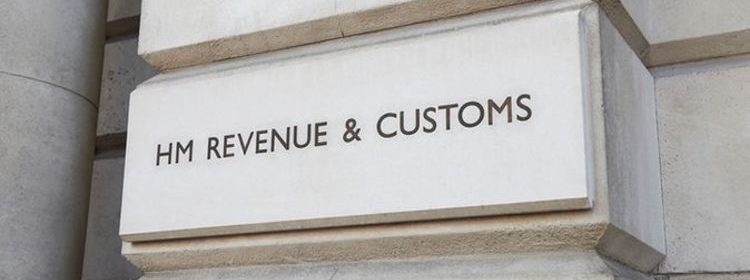Debt warning as millions of taxpayers owe money to HMRC – are you affected?

Martin Lewis gives financial advice on dealing with debt
We use your sign-up to provide content in ways you’ve consented to and to improve our understanding of you. This may include adverts from us and 3rd parties based on our understanding. You can unsubscribe at any time. More info
Up to 2.4 million taxpayers are thought to be in debt to HMRC since the pandemic with a total debt of £42billion in September according to the NAO. Speaking to Express.co.uk Head of Policy at debt charity StepChange Peter Tutton said it was “not surprising” adding: “In the summer we estimated there’re 11 million people who have built up something like £25 billion in survival borrowing and arrears and some of that might include tax debt.” The NAO notes HMRC played a pivotal role in providing financial support during the pandemic. As the UK went into lockdown HMRC paused most of its debt collection activity as well as changing the tone of communications and speed with which it tried to collect debt.
Payments of VAT and Self Assessment income tax were also deferred in a bid to help businesses and individuals.
The suspension of debt collection combined with the economic impacts of the pandemics on businesses and household finances though means outstanding debt grew to the highest levels in a decade.
HMRC has said it will prioritise chasing debts based on the likely impact of the pandemic on the individual’s ability to pay.
However the NAO has warned those whose ability to pay was judged least impacted by the pandemic often have the largest debts.
The average amount owed now stands at £6,800.


The NAO has said the taxman will need to strike a balance of pursuing the debt whilst still allowing taxpayers time to recover their finances.
Mr Tutton agreed debt collection needed to be sustainable and not make hardship worse for people in difficulty.
He said: “HMRC are one of the better public creditors but even there we found a proportion of our clients saying they didn’t remember or hadn’t been offered a full affordability assessment when working out what they can afford to pay and quite a high proportion of them saying that the repayment amount agreed felt unaffordable.”
Mr Tutton added there was now a strong need “for public sector creditors to think about the way they go about managing their debt books and to really embed those principles of affordability, sustainable payments, not causing more harm and understanding when people are vulnerable.”

He also warned pressures to repay tax debt could lead to people juggling debt and getting into further difficulty.
Mr Tutton added: “You might pay your tax bill, fall behind on your council tax and then to pay your council tax you fall behind on your rent and so on and so force.”
The report also comes with a warning HMRC may struggle to manage the workload of collection.
Head of the NAO Gareth Davies said: “HMRC faces several years of managing a far greater level of tax debt than it has seen in recent times, as a result of the COVID-19 pandemic.
“Some debtors have already been able to repay their tax debt quickly, but an unknown number of taxpayers have been badly affected and will struggle to do so.
“HMRC needs to significantly increase its capacity if it is to meet the changed scale and nature of the challenge.”
DON’T MISS:
More over 70s forced back into work to save their retirement prospects [SPOTLIGHT]
Interest rates to rise up to two percent next year [REVEAL]
Bitcoin’s horror fall explained despite $100k prediction [ANALYSIS]

HMRC intends to recruit 1,000 full time staff in 2021-22 having previously reduced debt management staffing by 18 percent between 2014 and 2020.
An HMRC spokesperson said: “As is recognised in the NAO’s report, we have supported businesses and individuals throughout the pandemic, through debt support such as Time to Pay and VAT deferrals, and inevitably this impacted the debt balance.
“The debt balance is reducing as the economy recovers and we re-engage with customers to understand their circumstances and agree Time to Pay arrangements where appropriate – and we expect it to fall further.
“We have taken, and will continue to take, an understanding and supportive approach to dealing with those who have tax debts or are concerned about their ability to pay their tax.”
Source: Read Full Article
